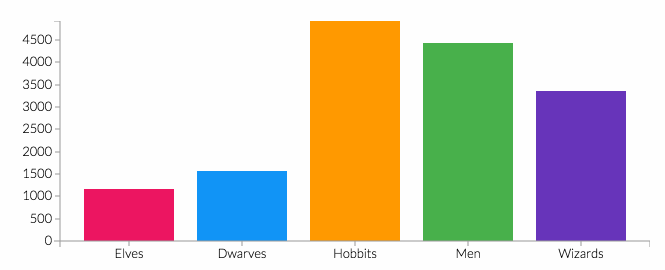PENDIDIKAN KARAKTER ANAK USIA DINI DALAM KEGIATAN BERMAIN SENTRA
DOI:
https://doi.org/10.33853/jecies.v2i1.109Keywords:
Education, Character, Early Childhood, PlayingAbstract
This qualitative research was conducted with a background to enrich the discourse and paradigm regarding the pattern of Early Childhood education in character formation. In addition, researchers want to detect and see the effects of center learning on the formation of early childhood character. Although each learning pattern has an influence and has a change in students, the center's activities have a unique value in character planting. This study uses a descriptive qualitative approach using Spradley analysis. The results of the study describe the state of character education in learning centers in the Islamic Village kindergarten. That the internalization of character values is carried out through the foothold in the center from the initial conditioning to the footing after playing. Thus this research is expected to provide a positive new discourse and has the aim to provide a true understanding of what is happening around us.References
Auerbacch, Stevanne (2007). Smart Play Smart Toys. Jakarta: PT Buana Ilmu Populer
Sukmadinata, Nana Syaodih. (2011). Metode Penelitian Pendidikan. Bandung : PT Remaja Rosdakarya
Bogdan, Robert C and Steven J. Taylor. (1975). Introduction to Qualitative Research Method. New York: John Willey and Son
Crain, William, Penerj. Yudi Santoso (2007). Teori Perkembangan Konsep dan Aplikasi, Yogyakarta: Penerbit Pustaka Pelajar
Deporter, Bobby & Mike Hernacki (2000). Quantum Learning, Cet.VII. Bandung: Mizan Media Utama
Delfi Eliza (2013). Penerapan Model Pembelajran Kontekstual Learning (CTL) Berbasis Centra Di Taman Kanak-Kanak. PEDAGOGI. Jurnal Ilmiah Ilmu Pendidikan, Edisi XIII: 2 Padang: Universitas Negeri Padang
Ella Yulaelawati (2004). Kurikulum dan Pembelajaran. Bandung: Pakar Raya
https://www.silabus.web.id/anak-usia-dini/ diunduh 25 Oktober 2019
https://kelembagaan.ristekdikti.go.id/wp-content/uploads/2016/08/UU_no_20_th_2003.pdf diunduh 25 Oktober 2019
Khan, Yahya (2010). Pendidikan Karakter Berbasis Potensi Diri, Cet 1. Yogyakarta: Pelangi Publishing
Katz (2007). The Timing and Quality Of Early Experiences Combine To Shape Brain Architecture, Cambridge: National Scientific Council Of Developing Child, Harvard University
Lincoln, Yvonna S. &Egon G. Guba (1985). Naturalistic Inqury. Bevery Hills: Sage Publication
Lawrence C. Katz. (2004). Mengasah Otak dalam, Praktek Sehari-hari. Batam: Interaksa
Masardi, Yudistira dan Sisca Y. (2012). Pendidikan Karakter Dengan Metode Sentra. Bekasi: Media Pustaka Sentra
Novitawati (2013). Kesiapan Sekolah Anak Taman Kanak-kanak Berbasis Model Pembelajaran Sentra. Jurnal Pendidikan Anak Usia Dini, Volume 6 (2). Jakarta
Santoso, Soegeng (2000). Pendidikan Anak Usia Dini Di Masa Mendatang, (Pidato pengukuhan guru besar Fakultas Ilmu Pendidikan)
Undang-undang Pendidikan, DepDiknas: Jakarta 2004
Sukintaka (1998). Teori Bermain Untuk Pendidikan Jasmani. Yogyakarta: FPOK IKIP
Syahrbini, Amrullah (2014). Model Pendidikan Karakter Dalam Keluarga. Jakarta: Elex Media Komputindo
Sue Dockett dan Marilyn Fleer (2000). Play and Peadagogy in Early Childhood. Australia: Harcourt Limitid
Spradley, J. P. (1980). Participant Observation. New York: Holt, Rinehart & Winston
Tough, Paul (2012). How Children Succeed: Grit, Curiosity, and the Hidden Power of Character




